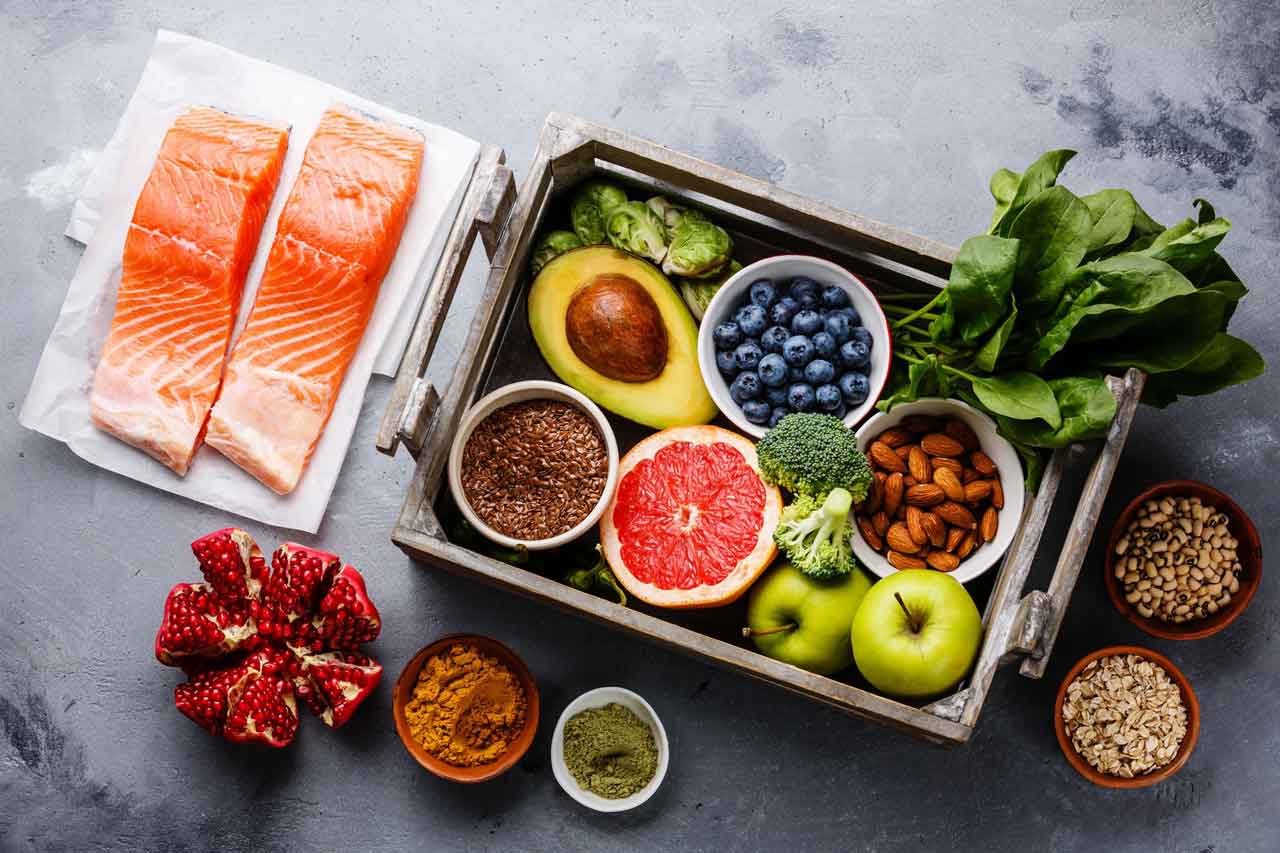Hypertension or high blood pressure affects a huge mass of the global population and across all age groups. Be it high consumption of salty food or stress and anxiety, hypertension comes with no early warning signs and can be best monitored with regular check-ups. Due to this it is often termed as the ‘silent killer’ – it grows over the time and predisposes to heart diseases like a cardiac arrest or stroke. In extreme cases, it may even result in kidney failure, blindness or organ failure.
Importance
While blood pressure monitoring is a must for all after 40, regular screening at a young age is further important for those with risk factors like obesity, smoking and family history of heart problems. Diet control includes eliminating salt, more proteins and healthy fats.
Normal blood pressure reading is 120/80 and high blood pressure is anything over 140/90. Healthy BP figures are not subject to factors like age – it continues to be the same across all age groups.
Diet for High BP
Following a heart-healthy diet can actively reduce your blood pressure, both in the short term and long term. Foods that contain potassium can quickly reduce blood pressure, because potassium offsets the effects of sodium. Foods that contain nitrates can reduce blood pressure, too, including beets and pomegranate juice. These foods also contain other health-healthy components, including antioxidants and fiber.
DASH Diet for Hypertension
As per the DASH diet, 'no more than a teaspoon of salt helps the blood pressure reading go down' – as it helps the medicines get absorbed better. Furthermore, this plan recommends people to have less than a teaspoon of salt in the whole day so as to lower blood pressure reading.
Hypertension can be managed best by reducing sodium intake –one spoon a day and then gradually proceed to two-thirds of a teaspoon per day. Additionally, the DASH diet suggests plenty of vegetables, limited meat intake and only 50% of butter or margarine being used normally.

 Hypertension is a silent killer with no early warning signs. Blood pressure monitoring is a must for all after 40, regular screening at a young age is further important for those with risk factors like obesity, smoking and family history of heart problems
Hypertension is a silent killer with no early warning signs. Blood pressure monitoring is a must for all after 40, regular screening at a young age is further important for those with risk factors like obesity, smoking and family history of heart problems









.jpeg)

.jpeg)
.jpeg)

.jpeg)


.jpeg)



.jpeg)
.jpeg)
.jpeg)


.jpg)


.jpeg)
.jpeg)